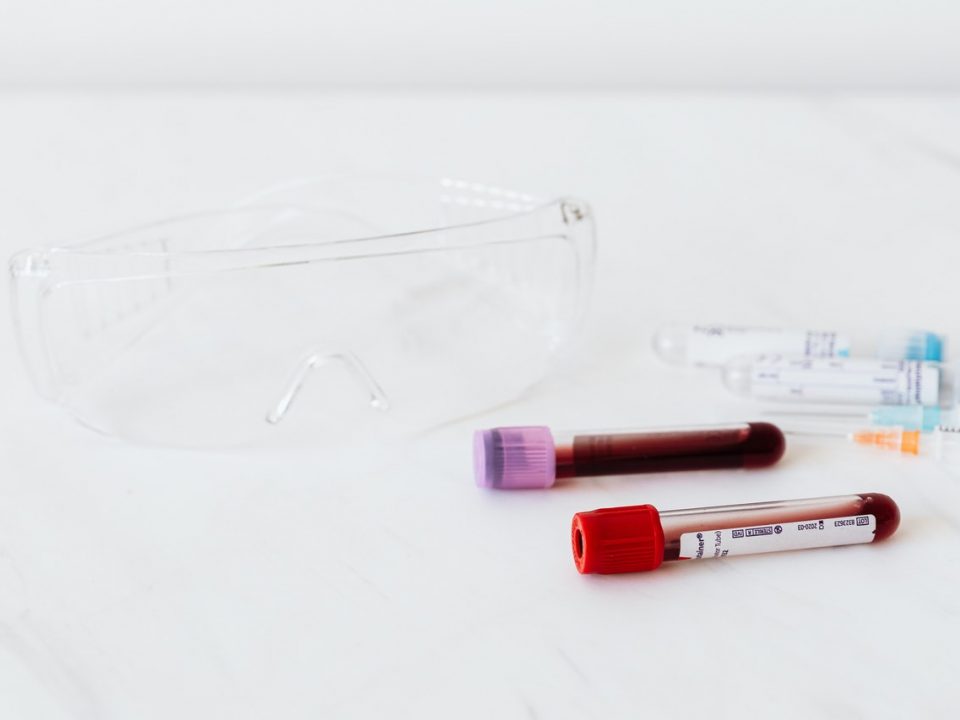More than just face value
Breast implants linked to suicide risk
Campaigners are worried that the UK is turning into a testing ground for new cosmetic treatments. There are claims that the UK rules are more lax than the US rules so companies are using British people are guinea pigs for cosmetic fillers before applying for a US license, which has more stringent rules.
Only seven cosmetic fillers containing hyaluronic acid are licensed in the US, whereas the UK has licensed 65 cosmetic fillers.
Each year, approximately 400,000 people undergo non-surgical procedures such as cosmetic fillers, and this figure is increasing. Most UK cosmetic fillers are covered by EU legislation. This permits companies to self-certify or use independent testing laboratories.
One example highlighted is that of Isolagen, a treatment which uses a patient’s own cells to help smooth skin. In 1999, the treatment was withdrawn from the US. In 2002, the treatment was introduced to the UK. It is claimed that the company marketing the treatment has used data collected from UK treatments to support it’s pending license application to the FDA in America. Isolagen has recently closed it’s European operation and has withdrawn the treatment from the British market.
The president of BAAPS has said that the problem is not with the treatments itself, but with those offering the procedures. “Health Minister Lord Hunt decided that they would not bring these things under care standards and self-regulation would the way forward,” Douglas McGeorge explained. “Isolagen worked well for what it was which was just a filler but claimed all sorts of weird and wonderful things and was advertised directly to the public. If you went to a sensible clinic, they would say I don’t think this is a good idea, but a less reputable one would give it.”
He went on to explain that the fillers themselves were not unsafe and he felt the FDA was too restrictive in what it licensed.
It seems that perhaps there is a happy medium which should be aimed for which sits between the UK and US’s license policies.




